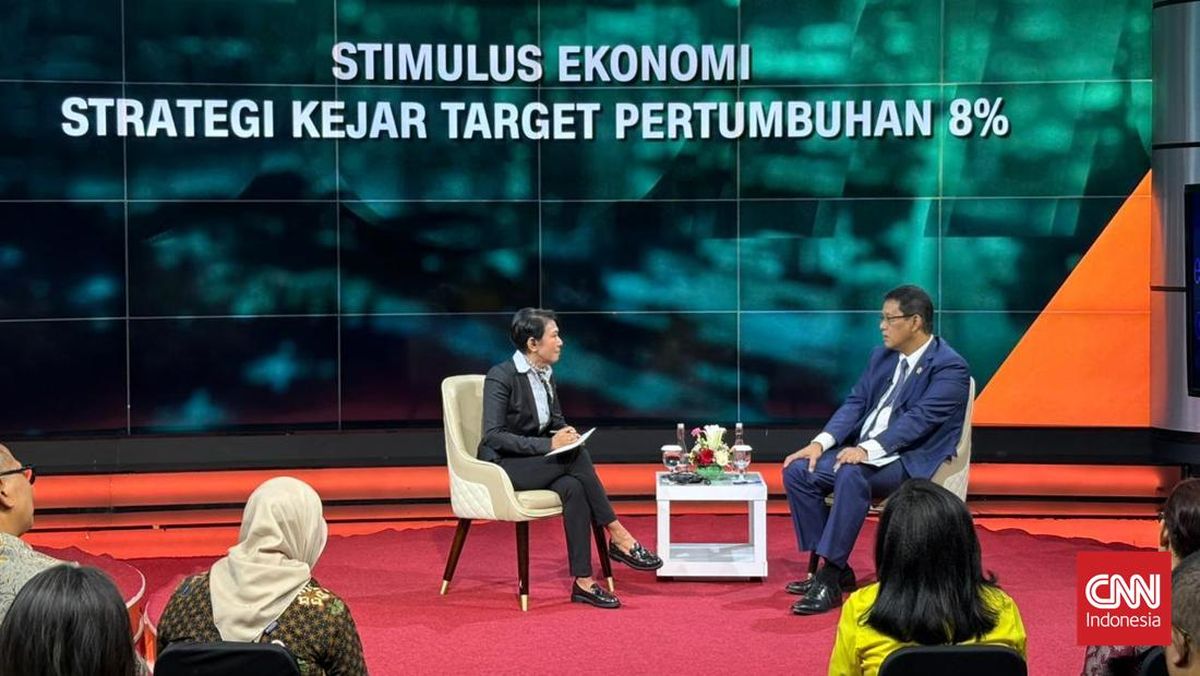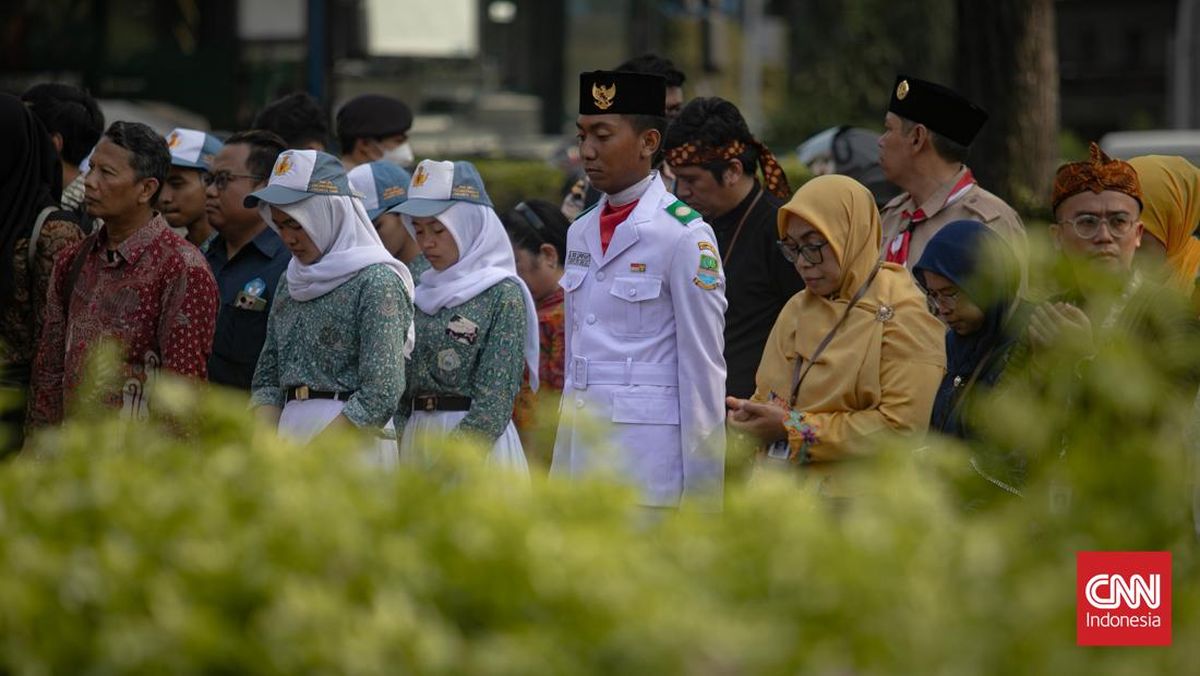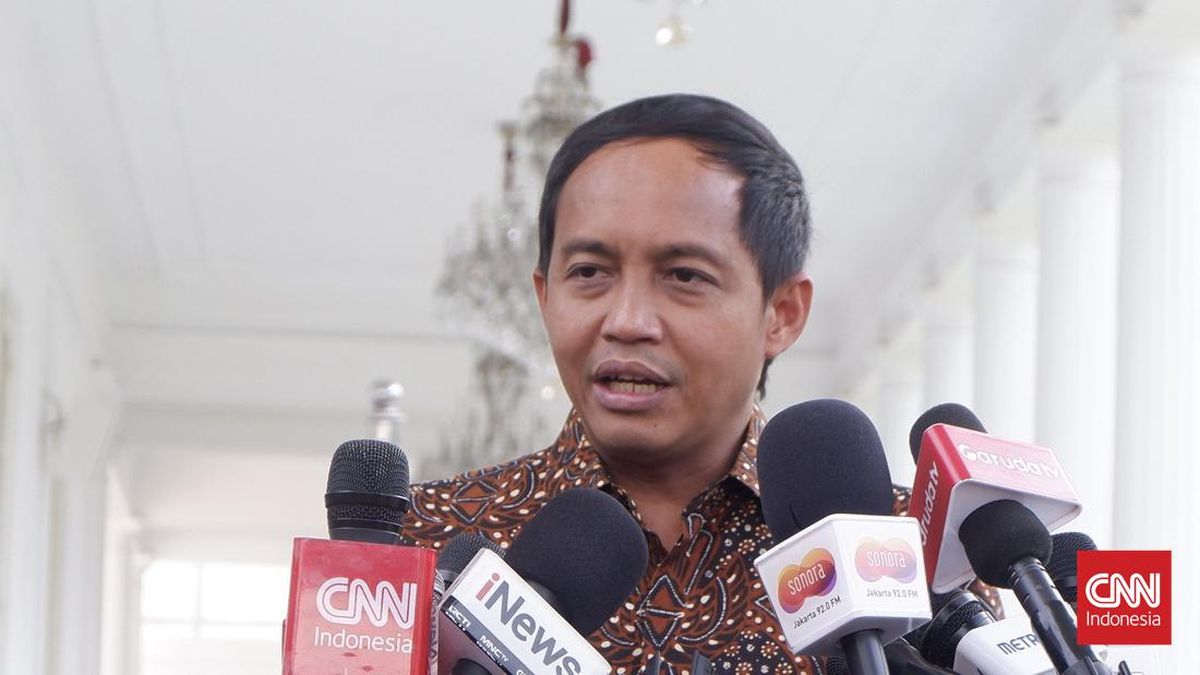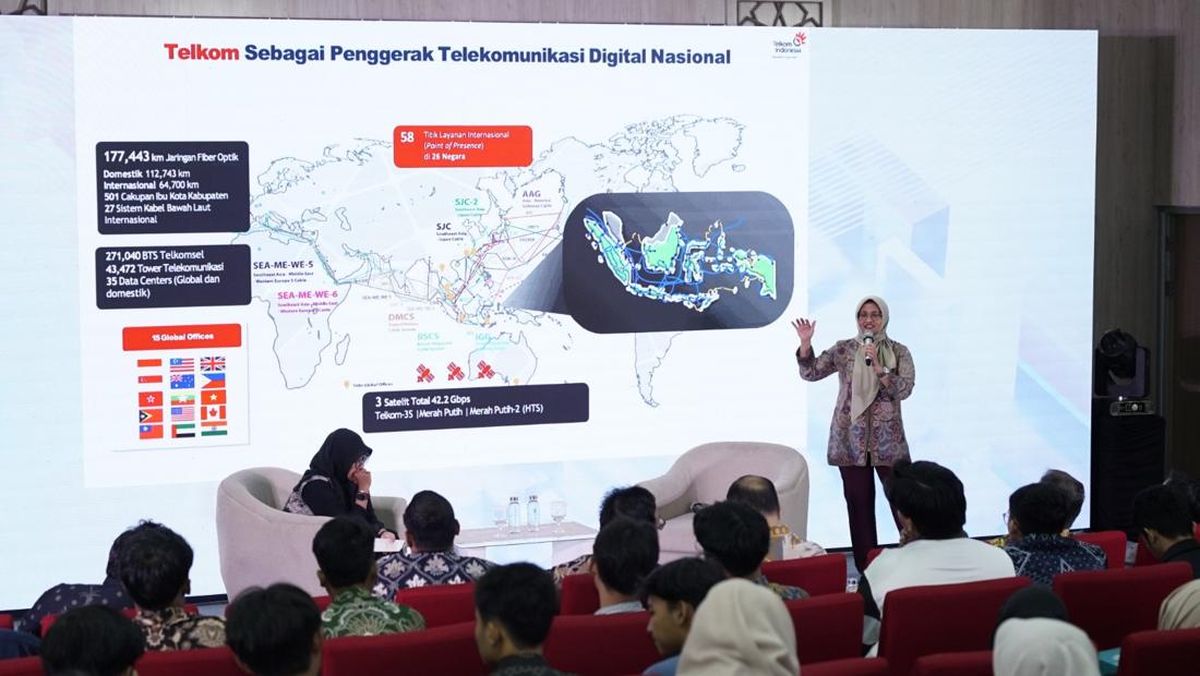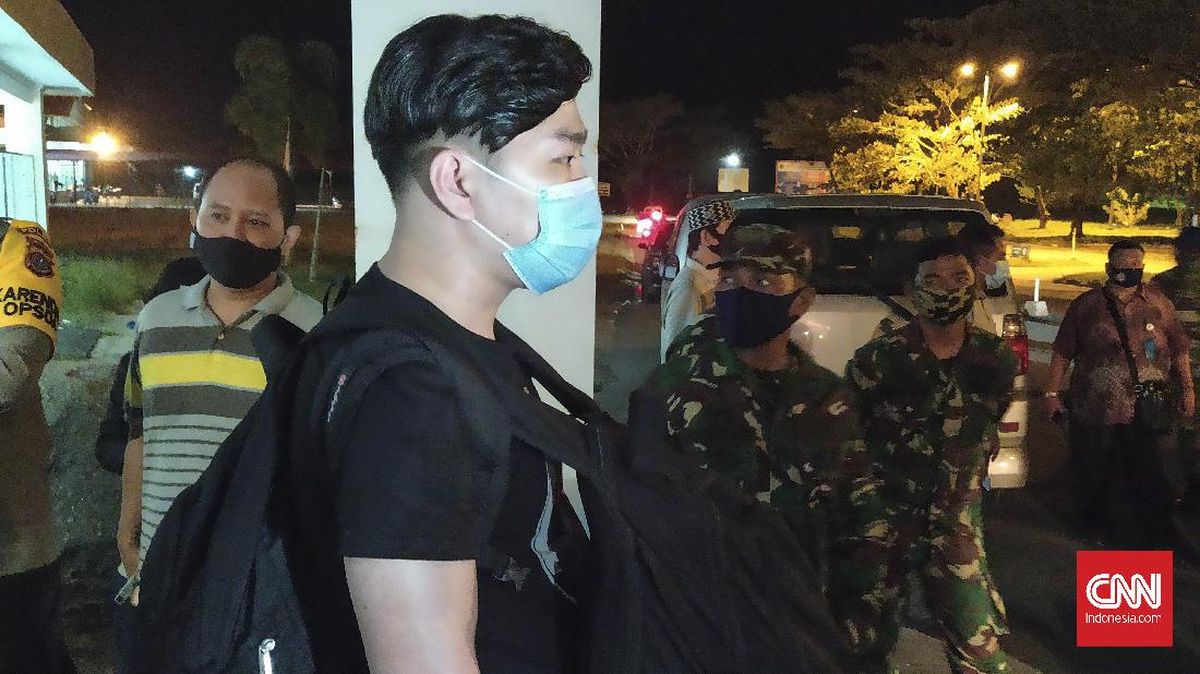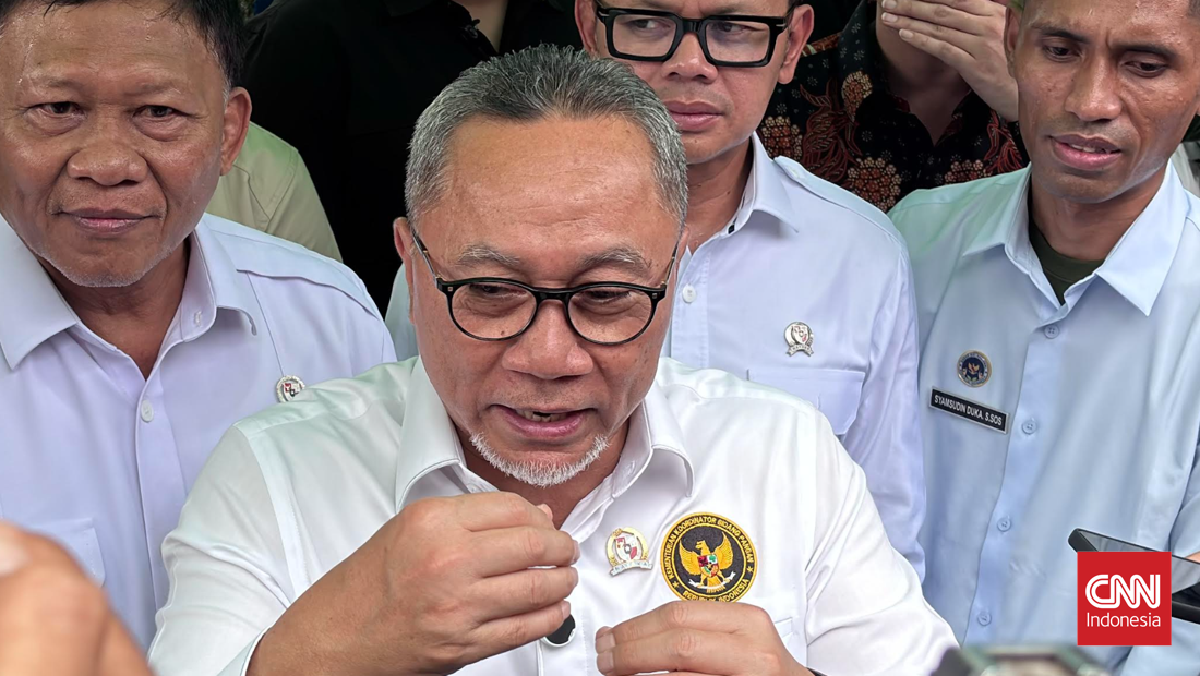Justin Fry always wanted to be a dad. But after his first child was born last year, he struggled with exhaustion and feeling overwhelmed, particularly when he returned to work.
“Once everything went back to normal, it just became a bit of a shock,” says the 44-year-old operations manager from Melbourne.
Fry’s parents died when he was young, and he says his wife’s parents have not provided as much support as he expected. Having relocated to Melbourne from Perth a few years ago, the couple don’t have a broad support network of friends to lean on.
“We went to classes, you know, what you do when you’re an expecting parent … but the thing they don’t tell you is the stuff around the support network and how important that is. So it was a pretty hard crash landing.”

New dad Justin Fry says the transition to fatherhood has been a difficult one.Credit: Chris Hopkins
Working 10-hour days, with an hour commute each way, Fry says fatherhood has been mentally and physically exhausting. While he and his wife both work, he’s felt increased pressure to fulfil the breadwinner role since becoming a dad.
Being an older dad, too, has its challenges.
“No one mentioned going into this, ‘hey, you’re 40 years old, just be prepared. This is going to cripple you.’”
New Australian research published this month highlights the importance of fathers’ mental health in the perinatal period.
The systematic review and meta-analysis aggregated results from 84 studies across 48 groups of people, and found a consistent association between mental distress in fathers and poorer social-emotional, cognitive, language, and physical development in their kids.
Loading
Researchers looked at data from papers published in English from countries including Australia, the US and the Netherlands.
Dr Delyse Hutchinson, a clinical psychologist and associate professor at Deakin University’s Strategic Research Centre for Lifespan Research, co-authored the new study.
She says the paper is the most comprehensive look yet at the impact of fathers’ mental health on myriad aspects of child development.
The strongest relationship, Hutchinson says, was between dad’s mental health and social and emotional outcomes, which includes temperament, emotional regulation and social skills.
While the study was only able to demonstrate correlation, not causation, it falls in line with existing research on the mental health of dads.
An Australian-led 2023 review of 7 million fathers from around the world found children faced a 42 per cent higher risk of depression if their father was depressed. Another global review published late last year found fathers can face significant challenges in the transition to parenthood.
“We’re seeing dads are more and more involved in caregiving, which is a great thing but also brings challenges in traditional men’s roles and what they mean.”
Dr Delyse Hutchinson, clinical psychologist and associate professor at Deakin UniversityAbout one in 10 men suffers from depression in the postnatal period, yet compared to motherhood, understanding, awareness of and support for fathers’ mental health is still in its nascency.
Research on early risk factors for child development, for example, is 17 times more likely to focus on mothers than fathers.
Associate Professor Richard Fletcher leads the Fathers and Families Research Program at the University of Newcastle. He says isolation is a common issue for new dads.
“The system is very mother-focused, and that means dads are left out of the picture,” he says.
Men are not routinely asked by healthcare providers about their wellbeing before or after the birth of their child, while Fletcher points out postnatal depression in men does not have a Medicare item number, although many GPs may recognise it on an individual level.
In Australia today, mothers still overwhelmingly take on the majority of childcare and household duties. Hutchinson says fathers often feel stifled by patriarchal gender roles.
“In recent decades, we’re seeing dads are more and more involved in caregiving, which is a great thing but also brings challenges in traditional men’s roles and what they mean.
“A lot of men we work with are finding that double sticky: wanting to be there to support their partner, to spend time with their growing baby and children, but also feeling they need to be the breadwinner to support the family.”

Nathan Barker with son Edward.Credit: Wolter Peeters
Symptoms of poor mental health in the perinatal period can look different for fathers compared to mothers, too, says Hutchinson, meaning dads can be missed in routine screenings.
“Some of the common indicators are excessive worry, fatigue, changes in sleep or appetite, emotional dysregulation – so irritability, feeling angry – and coping strategies like substance use or excessive working,” she says.
The birth of Nathan Barker’s first child, Henry, was not something any parent could prepare for.
Loading
In 2017, Henry was stillborn, propelling Barker and his wife into an unexpected ocean of grief.
“We felt quite blank and lost”, says the 44-year-old Sydneysider who works in financial services.
“I remember walking through our front door and being unsure what was meant to happen next – the newborn bubble of caffeine and apparently sleepless nights was replaced with silent rooms and thoughts on ‘how do we tell people our son had died’?”
While he and his wife sought solace in a support group for parents of stillborn children and attended counselling, Barker says it was difficult to find, and open up to, other dads about his mental health.
“It’s hard to find those connections,” he says.
The couple have since had two children – Georgina, 7, and Edward, 3 – and Barker says the experience of losing Henry has made them both more present with one another and their kids.
Barker and his wife both work full-time and share the load of caring for their children equally, yet often encounter “unconscious bias” in their daily lives.
“The number of times I’ve taken one of the kids to a doctor, and then the follow-up letter gets sent back to my wife’s email address, even though she may not have been there,” he says.
Where to find help, support or more information
Make the most of your health, relationships, fitness and nutrition with our Live Well newsletter. Get it in your inbox every Monday.
Most Viewed in Lifestyle
Loading






